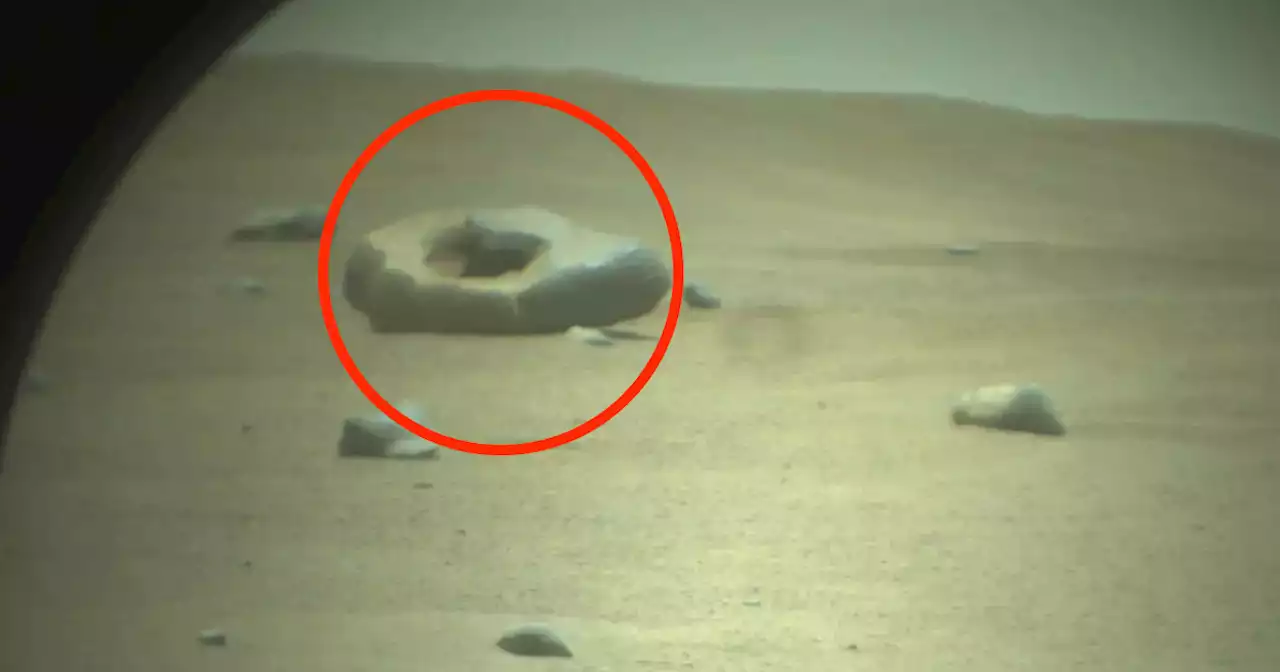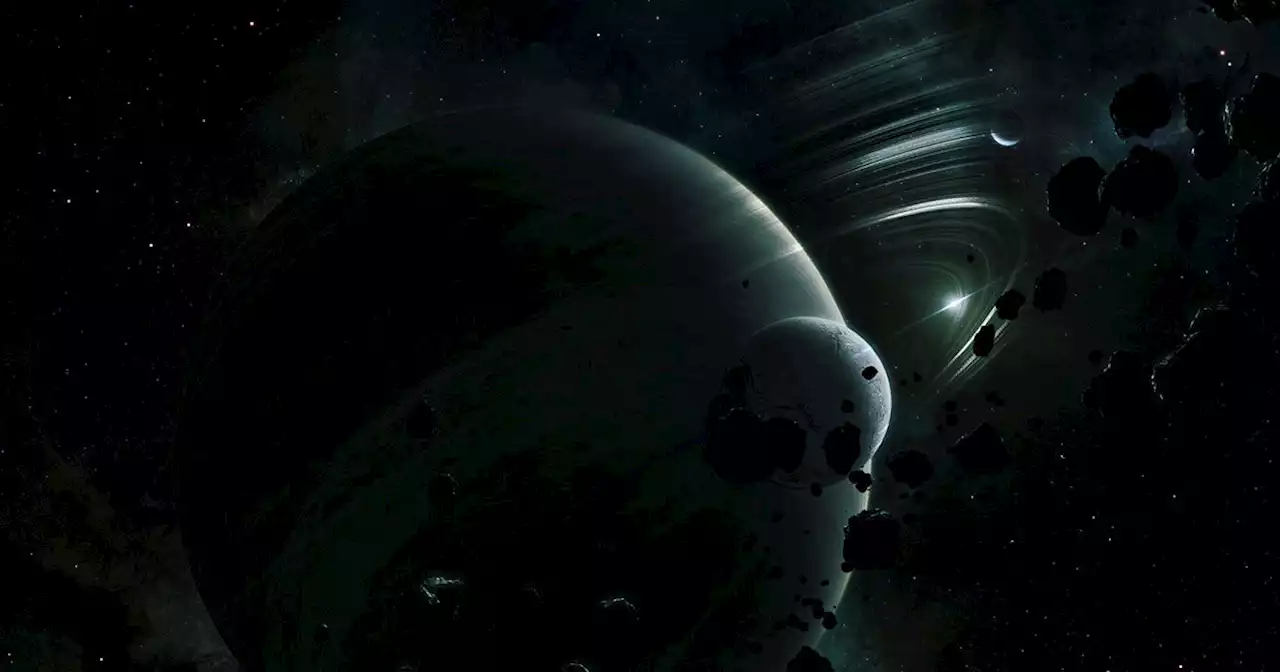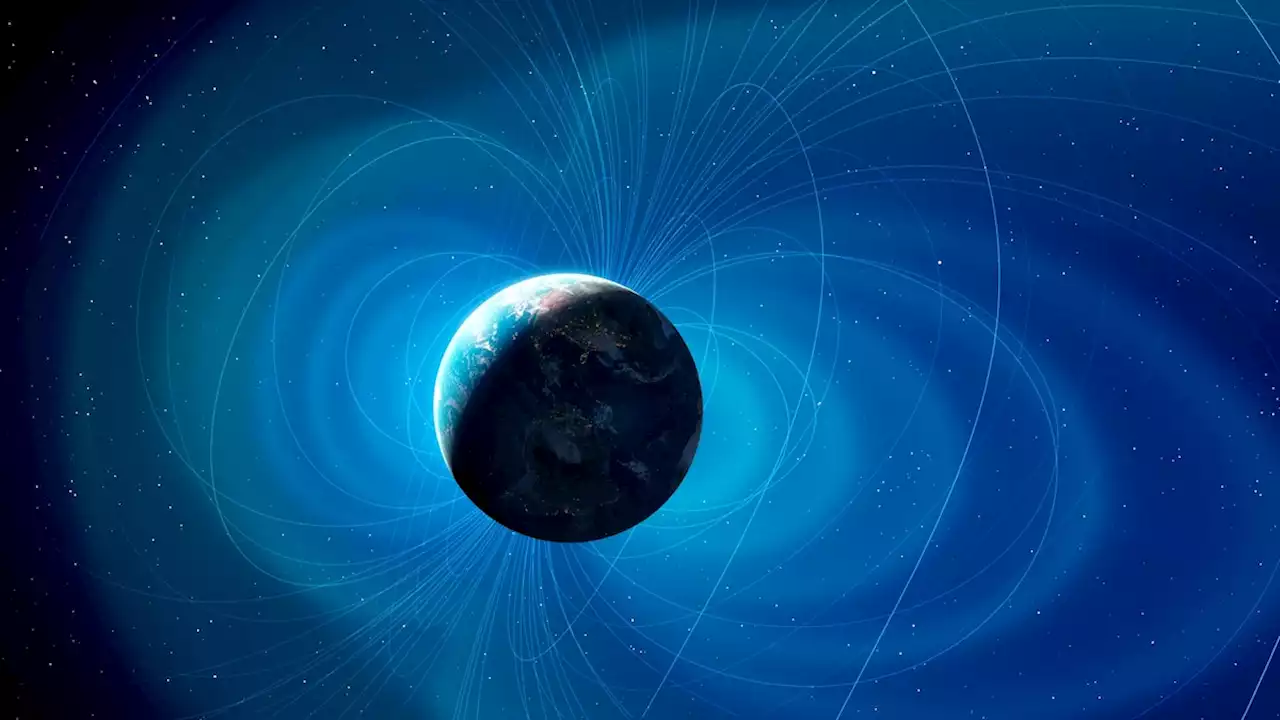Scientists know that the internal forces that generate Earth’s magnetic field can change and that the strength of the field oscillates over time. That doesn’t mean they’re responsible for climate change
connects the Laschamps excursion to climate upheaval, extinction events, and even changes to human behavior. The scientists hypothesized that during a time when Earth’s magnetic field was weaker than normal, increased solar and cosmic radiation was able to penetrate Earth’s atmosphere, altering ozone levels and driving global climate shifts and extinctions.
For Buis the key takeaway is that, “There’s no evidence that Earth’s climate has been significantly impacted by the last three magnetic field excursions, nor by any excursion event within at least the last 2.8 million years.” During a pole reversal, Earth’s magnetic north and south poles swap locations. This happens on average every 300,000 years or so, but the last flip occurred around 780,000 years ago, according to.
“There's no evidence that links magnetic changes to climate when we've seen big magnetic reversals or near reversals in the paleoclimate record,” says Schmidt. “There's no climate change that goes with them, there's no mass extinction that goes with them.” Deep ocean sediment samples revealed significant climate change around 66.3 million years ago, says Johnson. But this also coincides with a large volcanic eruption in India called the Deccan volcanism, which produced some of the longest lava flows on Earth.
United States Latest News, United States Headlines
Similar News:You can also read news stories similar to this one that we have collected from other news sources.
 Scientists Sound Alarm Over Growing Amount of Junk in SpaceSpace: the final junkyard? 🌌 Did you know we have 12,000 tons of debris orbiting Earth? 🌍🛰️
Scientists Sound Alarm Over Growing Amount of Junk in SpaceSpace: the final junkyard? 🌌 Did you know we have 12,000 tons of debris orbiting Earth? 🌍🛰️
Read more »
 Climate change makes wildfires and smoke worse: Scientists call it the 'new abnormal'As Earth's climate continues to change from heat-trapping gases spewed into the air, ever fewer people are out of reach from the billowing and deadly fingers of wildfire smoke, scientists say.
Climate change makes wildfires and smoke worse: Scientists call it the 'new abnormal'As Earth's climate continues to change from heat-trapping gases spewed into the air, ever fewer people are out of reach from the billowing and deadly fingers of wildfire smoke, scientists say.
Read more »
 Scientists found a mysterious ‘gravity hole’ in the Indian OceanResearchers may have discovered the explanation behind a mysterious gravity hole found within the Indian Ocean.
Scientists found a mysterious ‘gravity hole’ in the Indian OceanResearchers may have discovered the explanation behind a mysterious gravity hole found within the Indian Ocean.
Read more »
 Scientists Attempt to Explain Mars Rock With Hole Straight Through ItEarlier this month, NASA's Perseverance Mars rover spotted a mysterious donut-shaped rock. Experts are divided on what it could be.
Scientists Attempt to Explain Mars Rock With Hole Straight Through ItEarlier this month, NASA's Perseverance Mars rover spotted a mysterious donut-shaped rock. Experts are divided on what it could be.
Read more »
 Scientists Reconstruct What You're Looking at by Enhancing Reflection in Your EyeBy using neural radiance fields, a team of researchers have developed a technique to render a 3D scene of what's reflected in your eye.
Scientists Reconstruct What You're Looking at by Enhancing Reflection in Your EyeBy using neural radiance fields, a team of researchers have developed a technique to render a 3D scene of what's reflected in your eye.
Read more »
 Our Solar System May Be Hiding an Extra Planet, Scientists SayScientists suggest another planet could be lurking in the Oort cloud, a collection of icy objects stretching beyond the Kuiper Belt.
Our Solar System May Be Hiding an Extra Planet, Scientists SayScientists suggest another planet could be lurking in the Oort cloud, a collection of icy objects stretching beyond the Kuiper Belt.
Read more »
